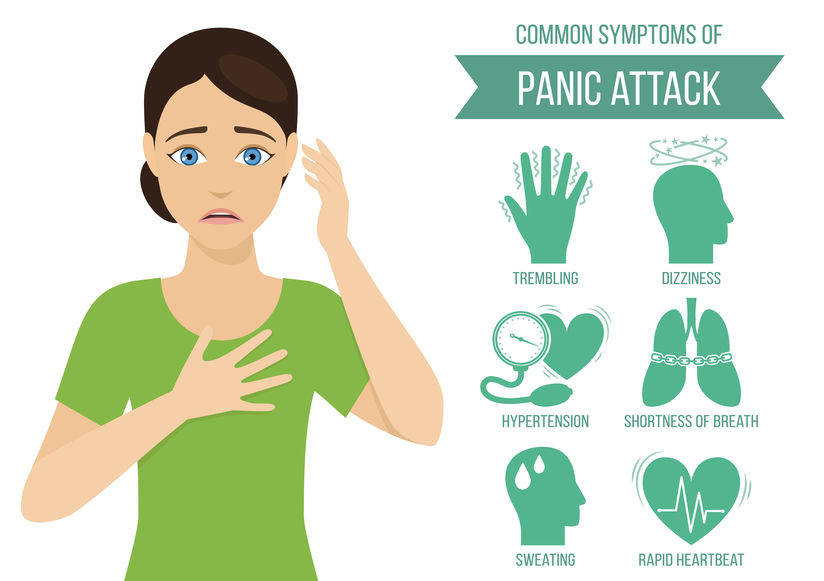Panic attacks are sudden and recurring episodes of intense fear or anxiety. These do not seem to be triggered by any particular factor, which is the reason behind the panic episode is unknown even to those suffering from this mental disorder.
According to Littleton counseling panic attack experts, the symptoms of panic attacks are quite similar in most cases. Hyperventilation is usually the first sign. This is manifested by a more alert breathing and heart rate, muscle tension and occurs when the chest moves a larger amount of air than the body can normally handle.

Hyperventilation is followed or concomitant with chest pain, rapid, strong or irregular heartbeat and angina, which is why panic attacks can be confused with heart attacks.
Breathing or difficulty breathing, dizziness and tremor are also among the first symptoms of panic attacks. The sensation of suffocation and rapid breathing appear at the very beginning of the attack. Dizziness is strong and can be accompanied by nausea and epigastric pain (pain in the upper and middle areas of the abdomen). Chills and heat waves, followed by sweating, can lead to confusion of panic attacks with medical conditions such as hyperthyroidism.
All of these occur in parallel with intense emotional feelings such as insecurity, loss of control, fear of death. Episodes of agoraphobia (fear of large, open spaces) and the inability to verbalize may also occur.
Visit Littleton counseling panic attack experts to learn how to manage this serious problem.

Recent Comments